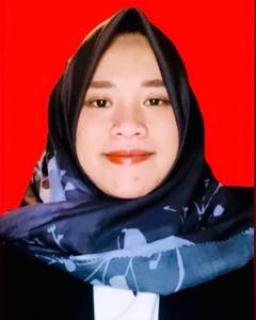
Position: Current PhD Student
School and/or Centres: Centre for Heritage and Museum Studies
Email: karina.tucunan@anu.edu.au
My research explores Islamic Historic Urban Landscapes (HUL) in Indonesia, focusing on the spatial, morphological, and socio-cultural evolution of historic urban environments. Through a comparative study of six case studies across five cities (Gresik, Surabaya, Demak, Yogyakarta, and Cirebon), I aim to establish a conceptual framework for understanding and managing Islamic urban heritage in contemporary urban planning.
I propose three distinct HUL patterns—Kutha Bandar (Port City), Kutha Kedaton, and Kutha Keraton—as analytical models to interpret how Islamic heritage interacts with urban transformation, political shifts, and cultural identity. My work integrates archival research, field surveys, spatial mapping, and stakeholder interviews to provide a comprehensive perspective on how historic sites evolve and are managed in the modern era.
For me, this dissertation is more than just a research project; it is an investment in academic discourse, urban policy, and heritage conservation. My work not only contributes to Southeast and South Asian heritage studies but also addresses broader challenges in how planners, policymakers, and communities approach historic urban environments.
In a time when urban planning often prioritizes technocratic approaches over cultural identity, my research advocates for a more nuanced, historically grounded framework. I critically assess the risks of superficial heritage interventions—such as imposing generic "Arabische" styles onto Indonesian Islamic heritage—and argue for a context-sensitive approach that respects indigenous Islamic traditions and historical spatial patterns.
I am supervised by Prof. Ken Taylor and engage with Prof Laurajane Smith and Prof. Karima Laachir as my chair of the panel. My research also seeks interdisciplinary collaboration, particularly within the Asia Pacific and Islamic Studies to connect my findings with broader regional policy discussions and sustainability frameworks.
I welcome opportunities to collaborate with scholars, heritage practitioners, and policymakers interested in Islamic urban history, conservation strategies, and the intersection of urban planning and cultural identity.
I am actively working toward publishing in high-impact academic journals to extend the conversation on Islamic urbanism, spatial transformation, and heritage management. I am currently revising a manuscript for submission and plan to develop at least one additional publication based on my case study findings.